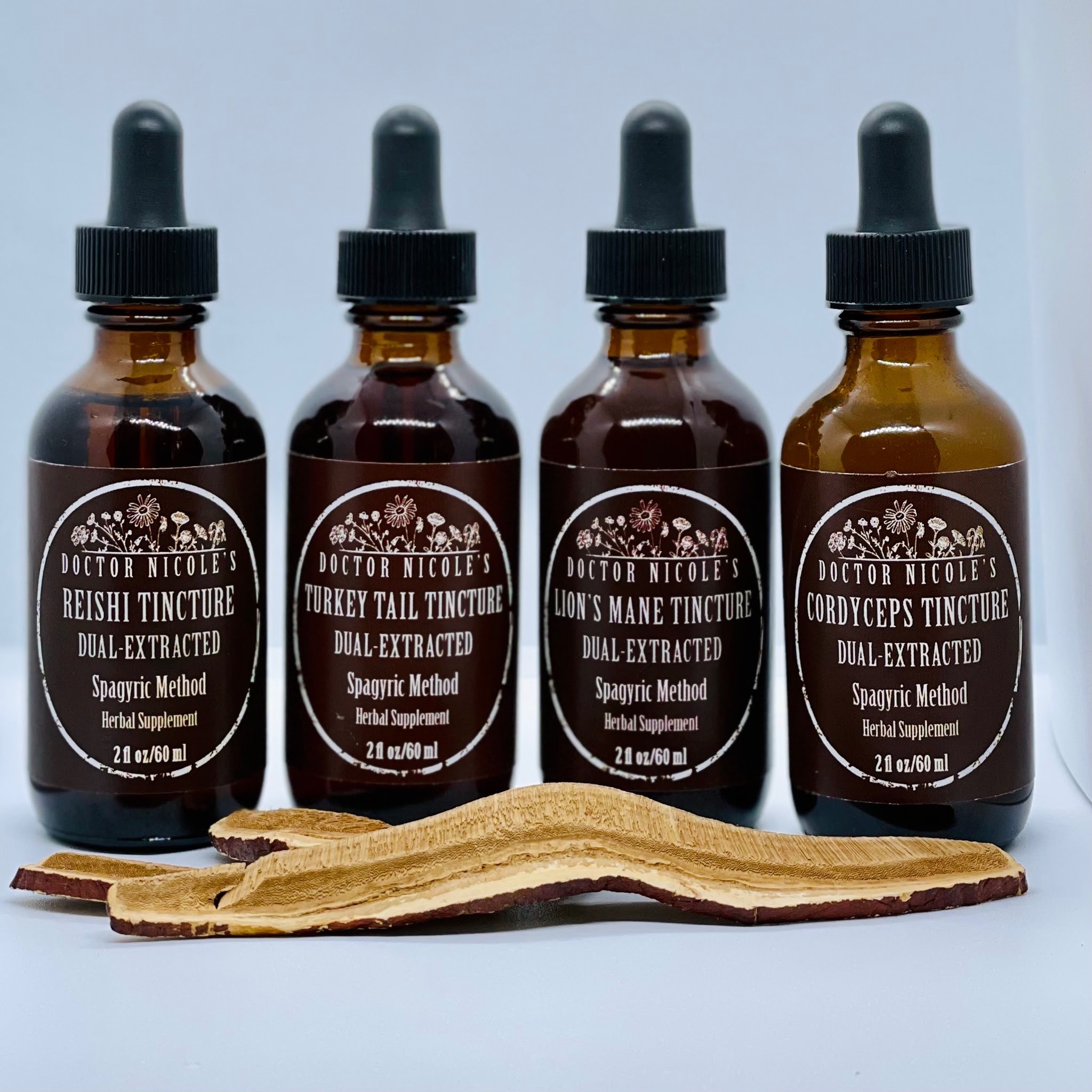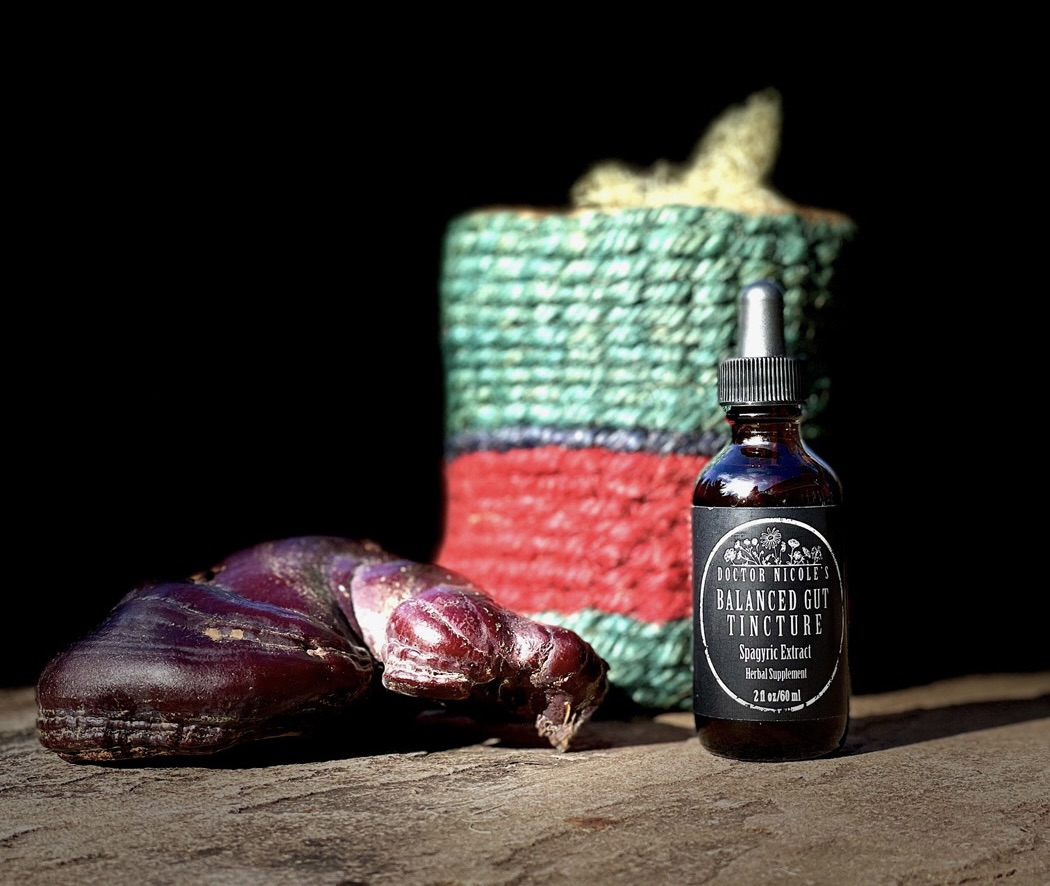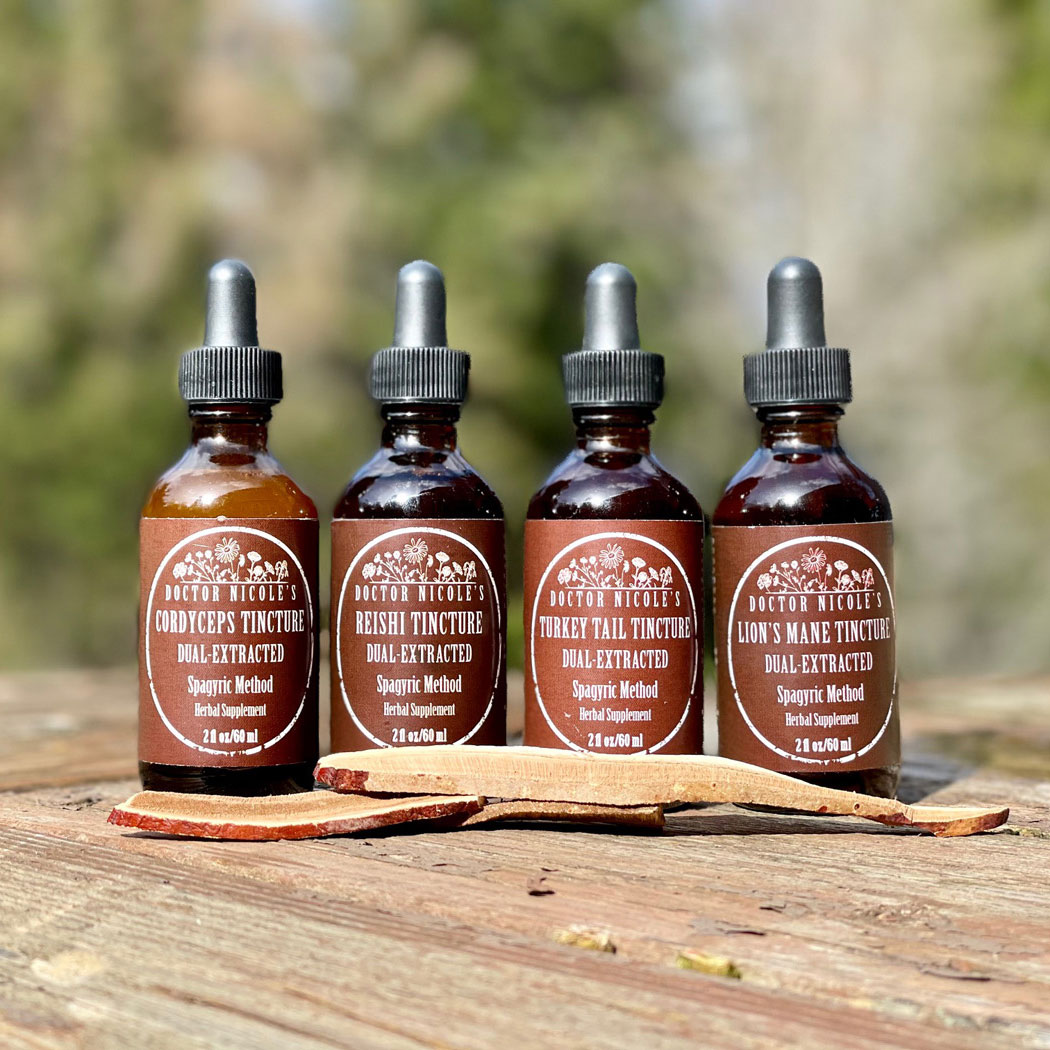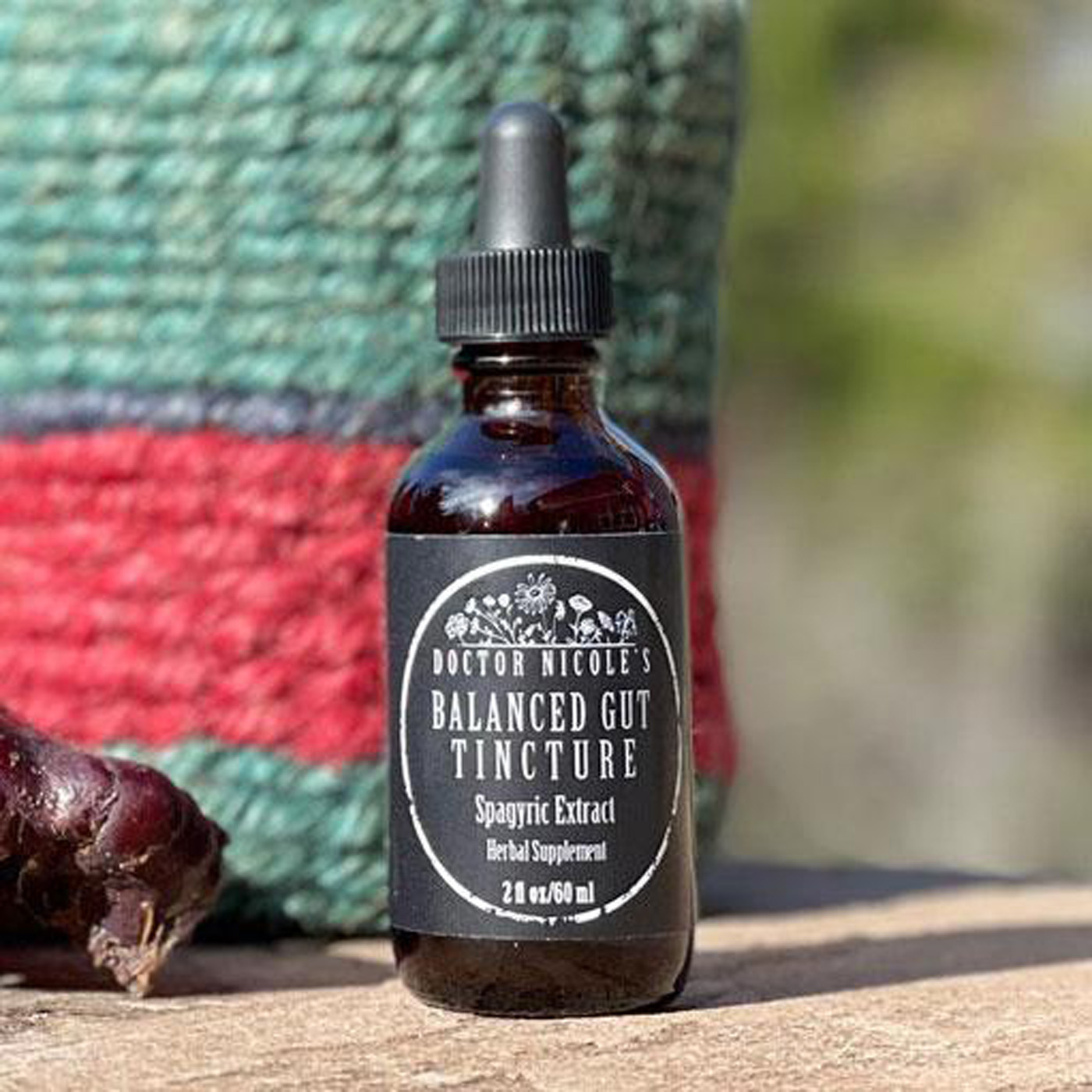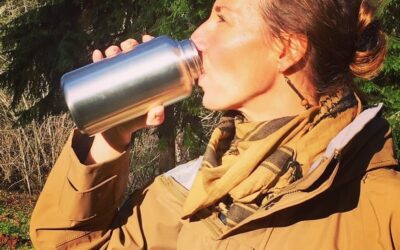Hot Temperatures and Flares
If you have multiple sclerosis, you most likely have found heat-related flares are quite common. Whether from exercise, hot tubs, saunas, fevers, or hot weather — anything that raises your core body temperature can trigger MS symptoms, including cognitive, movement, vision, and sensory issues. With record-breaking heat across the United States this summer, managing your multiple sclerosis presents challenges. But take heart! In this post we’ll cover several ways to help minimize the impact so that you can stay calm, cool, and collected.

Why Heat Impacts MS
Because MS is a neurological condition, a rise in core body temperature can make it more difficult for nerve signals to travel along damaged nerve fibers. The good news is that heat itself doesn’t cause additional harm or progression of the disease.
Keep in mind it is not just hot weather that can be an issue, studies have shown that high humidity and extreme weather patterns such as drought and hurricanes can negatively impact MS patients as well.4
It is estimated that between 60 and 80 percent of those with MS have temperature-sensitive symptoms, with the lion’s share experiencing the impact of hot or humid weather compared to exposure to cold temperatures.5 However, even a very small shift in temperature (about a half of a degree) can cause issues for those with MS.
Many with the disease find less humid climates with cooler temperatures best for minimizing MS flares. If you find yourself in an environment that is less than ideal, here are a few suggestions that can help to reduce the impact of hot or humid weather:
- Make sure to stay hydrated by drinking plenty of cold or cool water throughout the day
- Soak in a cool bath to lower internal body temperature
- Utilize a cooling vest
- Exercise in a cool body of water if you have access to one
- Take advantage of the coolest part of the day to spend time outdoors
- Wet a bandana and wear it around your neck (I do this often in the heat)
For additional tips to help you stay comfortable during the heat of summer, see this post.
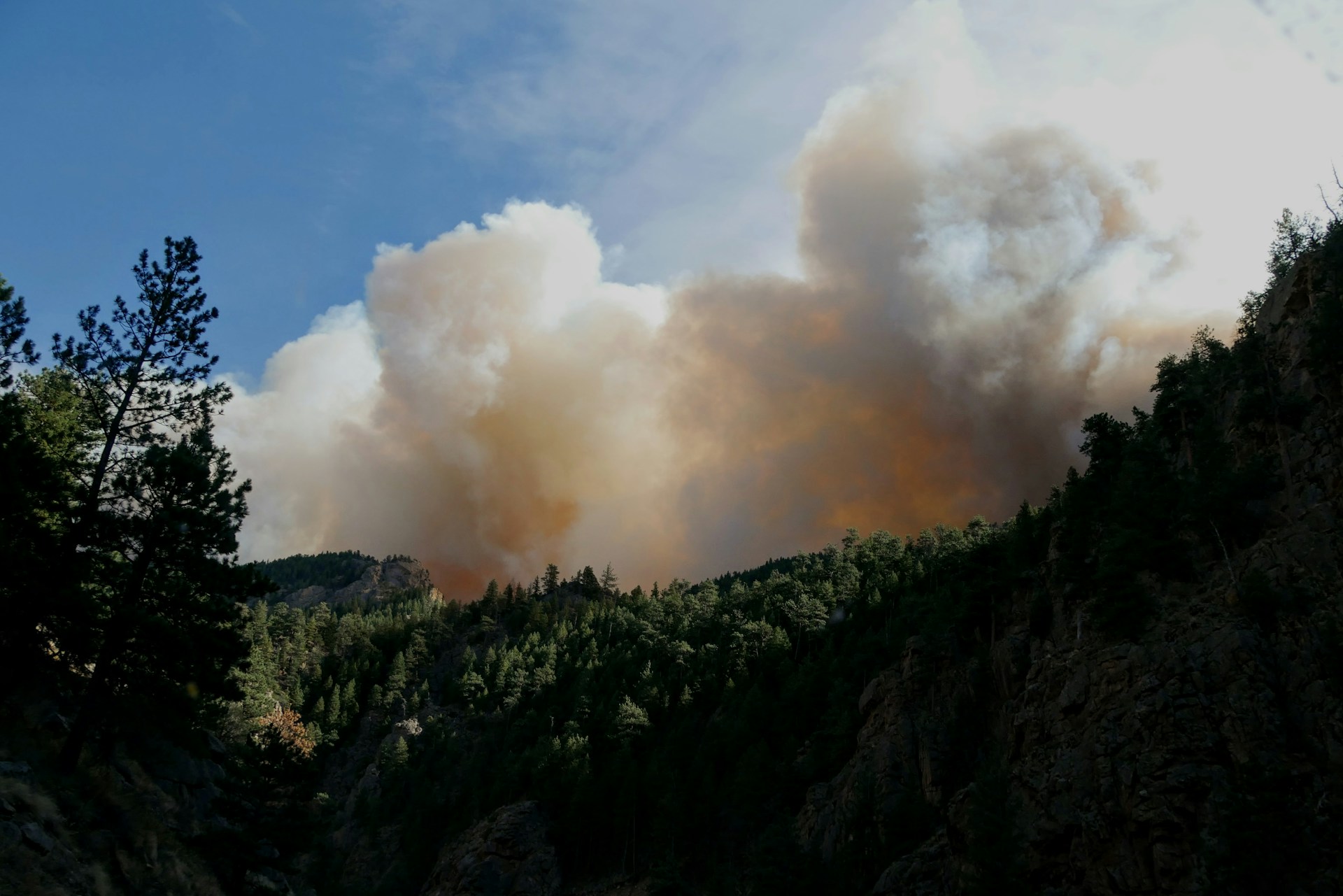
An Unexpected Cause of Weather-Related MS Issues: Wildfire Smoke
With an increase of severe hot weather events that often spark wildfires, another aspect that influences MS flares is smoke pollution. Studies have shown there is “a significant relationship between exposure to air pollution and MS development and progression.”1
Researchers believe oxidative stress from air pollution leads to neuroinflammation and stimulates inflammatory responses of the immune system. When these responses are uncontrolled, it leads to cell death and the release of self-antigens that drive the disease.
Needless to say, protecting yourself against wildfire smoke and air pollution is crucial — especially if you have an autoimmune disorder. As I wrote in “The Hidden Dangers of Wildfire Smoke: Here’s How to Lessen the Health Impact“:
- Stay indoors with windows and doors shut during times of thick smoke. A reliable HEPA air purifier is essential.
- Avoid heavy physical activity or being active outdoors.
- For those with air conditioners, set it on recirculation mode and make sure to replace the filter.
- If you do need to be outdoors, a N95 or K95 mask can be helpful for reducing exposure to larger particles in smoke, but not the toxic gases that are released.3
- An anti-inflammatory, antioxidant-rich diet is also important. An excellent choice is a green Mediterranean diet.
To keep your lungs healthy and clear during smoke and wildfire season, our Bronchial Blend is an excellent option. It is also highly effective for asthma, COPD, bronchitis, and more.
Heat, Autoimmunity, & You: Practical Solutions
Natural remedies are also an outstanding ally in reducing the impacts of hot weather and calming the symptoms of autoimmunity. Personally, I have experienced great success in managing my multiple sclerosis with our Mushroom FOURtress Bundle and Balanced Gut Blend.
Harnessing centuries of wisdom from Traditional Chinese Medicine, our Mushroom FOURtress bundle offers a powerful combination of dual-extracted, fruiting body tinctures of Cordyceps, Lion’s Mane, Reishi, and Turkey Tail. Each of these potent medicinal mushrooms brings a unique set of scientifically backed benefits — from lowering inflammation and reducing stress to modulating the immune system and boosting brain function. They also combat viral and bacterial infections, stimulate Nerve Growth Factor (NGF), enhance energy levels, inhibit cancer growth, reduce brain fog, regulate blood sugar, and more.
Mushroom FOURtress Miracle
“I have known about Nicole and her journey with MS for several years but like most I have been relying on modern medicine to help my MS. My spasticity and weakness in my legs has been getting worse and I even started using a cane. My fatigue was horrible. I often didn’t know how I was functioning at all.I started taking the Mushroom FOURtress a few days ago. Within 2 days my spasticity was gone and my fatigue was gone in three. This is life changing! I will continue to use these products.”
-Chuck E.
Likewise, our Balanced Gut Blend plays an important role in reducing the impacts of MS. How so? Because intestinal dysbiosis and inflammation along with leaky gut have been found to influence the development and progression of autoimmunity.2,3 Our powerful blend contains the following herbal extracts:
REISHI MUSHROOM
- Helps leaky gut through anti-inflammatory action
\\High in beneficial beta-glucans, glycoproteins, and triterpenes to support gut health
TURKEY TAIL MUSHROOM
- Calms inflammation
- Excellent source of prebiotics for encouraging a healthy microbiome by controlling the overgrowth of candida, while also feeding the “good” bacteria in the gut.
PLANTAIN
- Anti-inflammatory
- Soothes mucous membranes
SLIPPERY ELM AND MARSHMALLOW ROOT
- Forms a protective layer that helps the gut to regenerate
LION’S MANE MUSHROOM
- High in antioxidants that cool the inflammatory response
If you find yourself struggling with MS during the heat of summer and beyond, our apothecary has solutions that can help. Visit us today to learn more!
Nicole Apelian
Nicole’s Apothecary Products in this Post
References
- Noorimotlagh, Z., Azizi, M., Pan, H. F., Mami, S., & Mirzaee, S. A. (2021). Association between air pollution and Multiple Sclerosis: A systematic review. Environmental research, 196, 110386. https://doi.org/10.1016/j.envres.2020.110386
- Ordoñez-Rodriguez, A., Roman, P., Rueda-Ruzafa, L., Campos-Rios, A., & Cardona, D. (2023). Changes in Gut Microbiota and Multiple Sclerosis: A Systematic Review. International journal of environmental research and public health, 20(5), 4624. https://doi.org/10.3390/ijerph20054624
- Christovich, A., & Luo, X. M. (2022). Gut Microbiota, Leaky Gut, and Autoimmune Diseases. Frontiers in immunology, 13, 946248. https://doi.org/10.3389/fimmu.2022.946248
- Chacko, G., Patel, S., Galor, A., & Kumar, N. (2021). Heat Exposure and Multiple Sclerosis-A Regional and Temporal Analysis. International journal of environmental research and public health, 18(11), 5962. https://doi.org/10.3390/ijerph18115962
- Christogianni, A., Bibb, R., Davis, S. L., Jay, O., Barnett, M., Evangelou, N., & Filingeri, D. (2018). Temperature sensitivity in multiple sclerosis: An overview of its impact on sensory and cognitive symptoms. Temperature (Austin, Tex.), 5(3), 208–223. https://doi.org/10.1080/23328940.2018.1475831


